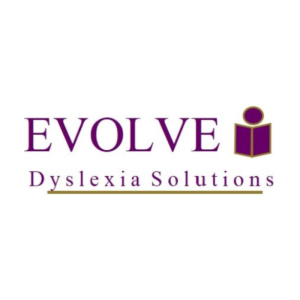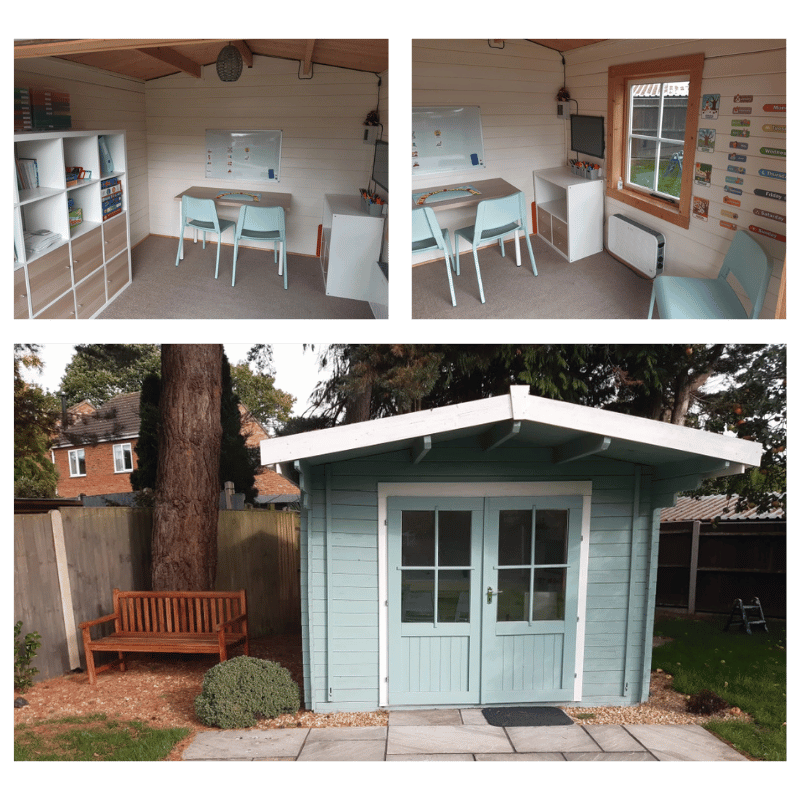Who are Evolve?


About Evolve
Her assessments include a full diagnostic report that provides many recommendations for ways to support your child both at school and at home.
She always assess whether children say they have had a good time. It is important for them to enjoy the process, and she achieves this by getting to know them and playing games. Most children enjoy feeding and stroking their giant rabbits.
With lots of experience with autism, ADHD and many other additional needs, both professionally and personally, whilst also being neurodivergent, this also means she has a brilliant understanding of the children she assesses.
If you would like more information or would like to discuss your child, please contact her:
Frequently Asked Questions:
Who can I assess?
Children can be assessed from the age of 7.5 years and she can assess up to the age of 18 years old. Her assessments can be used for DSA if your child goes to university.
What happens before the assessment?
You’ll speak on the phone in order to find out about your child, what their difficulties are and confirm that an assessment would be appropriate.
Evolve will then send you questionnaires for yourself and school. These give them a good understanding about your child’s education, strengths and difficulties and indications of any other neurodiverse conditions which may exist (eg, autism, ADHD, etc). They will need these back before the day of the assessment so that they know exactly which assessments will be appropriate to use.
A leaflet will also be sent to your child so they can see pictures of Katie and the classroom and have information about what will happen.
What will be assessed?
The following will be assessed:
- Underlying ability and cognitive processing, including phonological awareness, memory and processing speed.
- Attainment, including: reading, spelling, reading comprehension, non word reading and maths (if relevant).
- Handwriting speed.
What will happen on the day?
It is best for your child to do the assessment without their parent present, but they understand this can be difficult for some children, so it can be discussed. They’ll allow plenty of time for your child to settle in and be happy with the process, and this can include chatting with the parents as well as playing a game together. Then, you’ll go through the visual timetable on the board so you can see what you’ll be doing.
There will be approximately 7-11 short assessments. There will be a mixture of reading, writing, moving shapes and puzzles, repeating words and numbers and possibly some maths. Some will take less than 5 minutes, and the longest will take about 20 minutes. Evolve will mix them up so your child doesn’t have all the long ones or the reading ones together.
Should my child be worried?
Definitely not. They’ll ask lots of questions, but no one gets them all correct so your child doesn’t need to worry if they think they answered something wrong. Most children they have assessed have actually asked to come back again, and there are some parts of the assessments which they have actually enjoyed.
Does my child need to bring anything?
These are the things your child will need to bring:
- Coloured overlay or glasses if they use them for reading or writing.
- Snack and drink, if they would like one.
- Evolve have a selection of pens or pencils which they can use, but if they have a favourite which they would like to bring, then they can.
Will there be a break?
During the assessment, there will be a couple of breaks. During this time, your child can have a snack and drink, play a game, see the giant rabbits in the garden or they can just sit quietly on their own – it is up to them.
What happens after the assessment?
It will take up to two weeks to analysis the results from the assessments, write the report, draw the conclusions. You will then receive a report that is approximately 28 pages long. The report will contain a summary in the first few pages, so it doesn’t need to be read. The report will explain if your child is dyslexic, explain the assessment results, your child’s strengths and difficulties and have a detailed section of recommendations for:
- Access arrangements
- Within the classroom
- For individual/specialist teaching
- At home
After you have had time to read the report, Evolve are happy to arrange a call to discuss it or you can email them about it.

